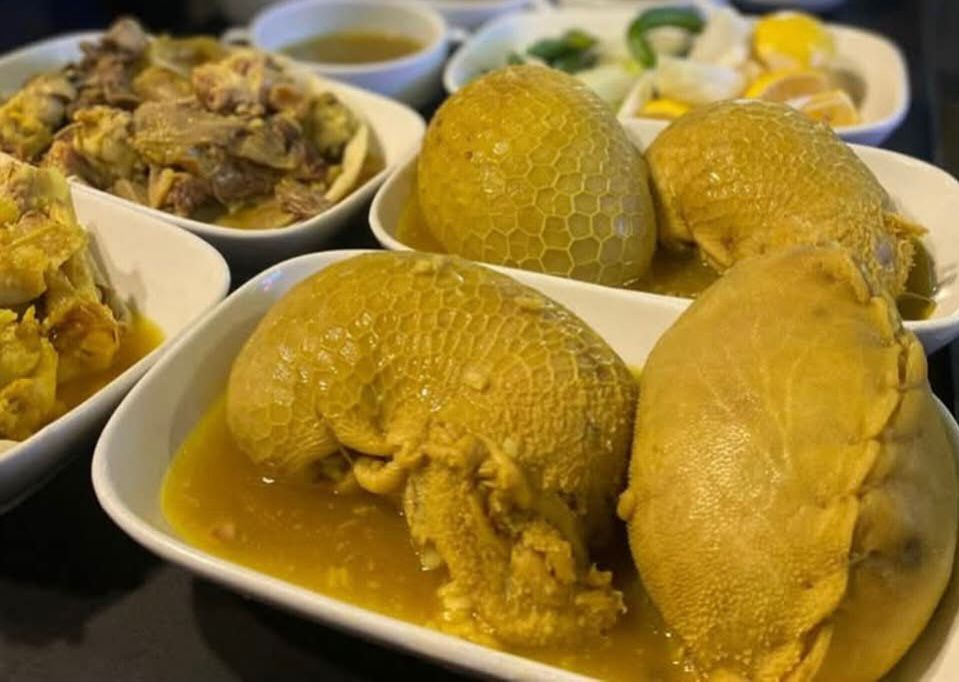Sarupe, a beloved dish in Kurdish culture, holds a special place in the culinary heritage of Kurdistan. Made from sheep’s head and feet, this traditional delicacy is especially popular during cold winter months, offering warmth and nourishment.
The roots of Sarupe trace back to ancient times when Kurdish communities embraced a no-waste approach to cooking, utilizing every part of the animal. Over centuries, they perfected this dish, which varies slightly across the regions of Kurdistan but remains universally cherished.
The preparation involves thoroughly cleaning the head and feet, then boiling them for several hours until the meat becomes tender. Chickpeas are added and cooked until soft, followed by rice and a blend of spices like cinnamon, ginger, and black pepper. Fried onions are often added as a finishing touch to enhance the flavor.
Sarupe is not only a hearty meal but also a nutritional powerhouse. It is rich in protein, collagen, Vitamin B12, iron, and calcium, supporting bone strength and joint health.
More than just food, Sarupe carries significant cultural value. It is a centerpiece at social gatherings, where families and friends come together to enjoy its comforting flavors. Despite the influence of modern dining trends, Sarupe continues to hold its place on Kurdish tables, preserving its legacy as a vital part of Kurdish cultural identity.
This cherished dish stands as a testament to the resourcefulness and culinary artistry of the Kurdish people, a symbol of tradition that endures through generations.

